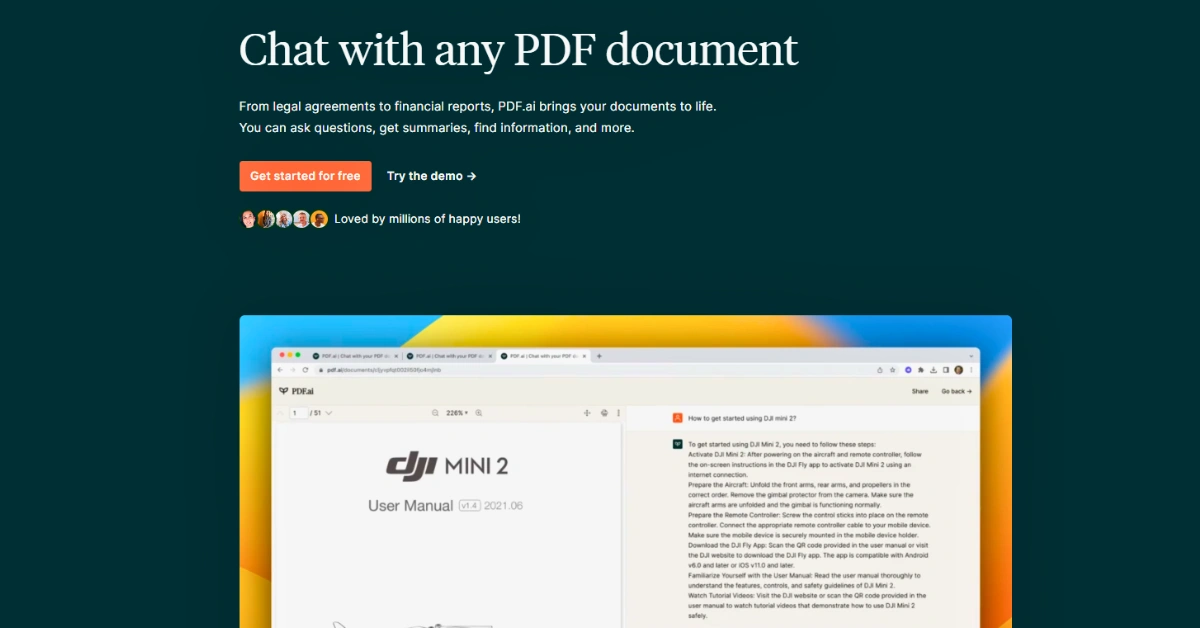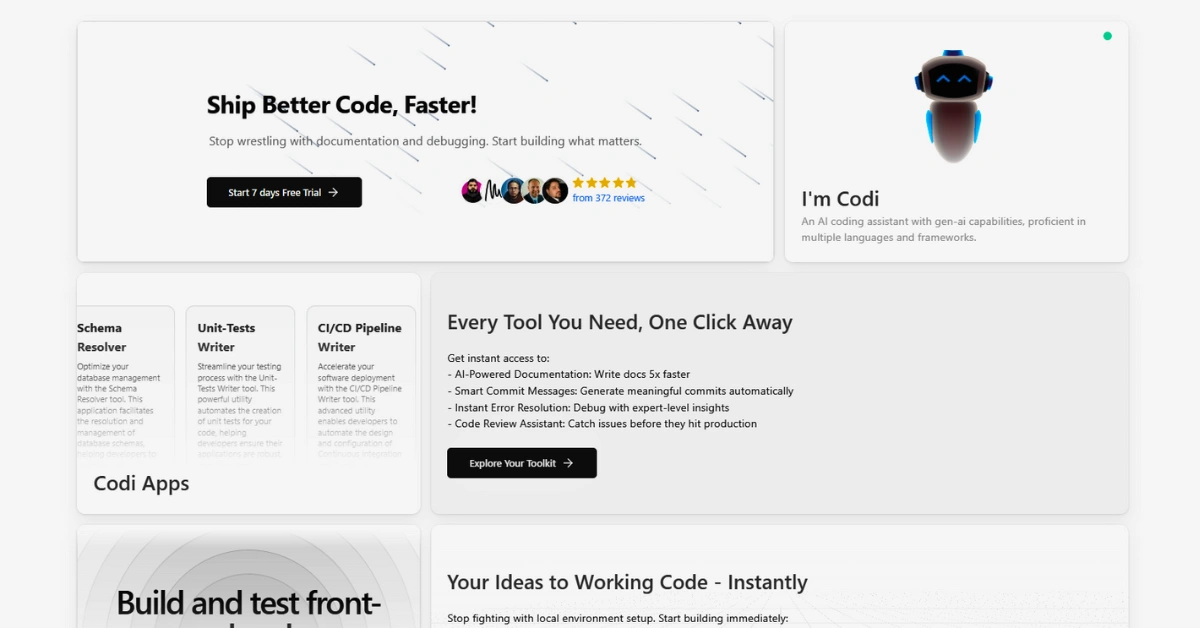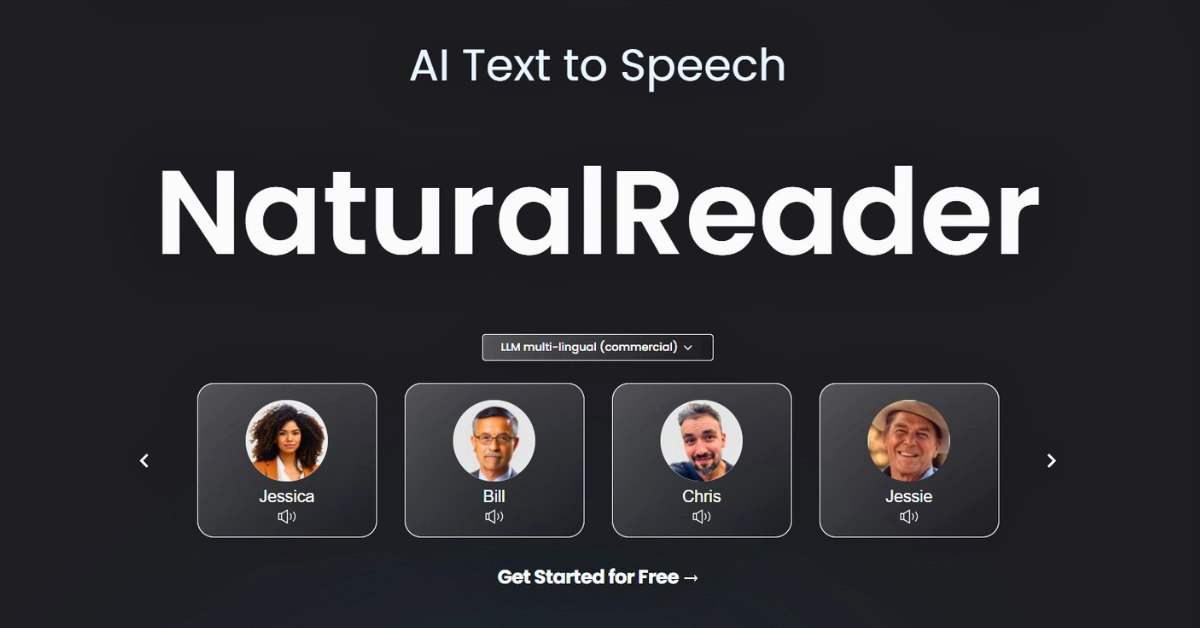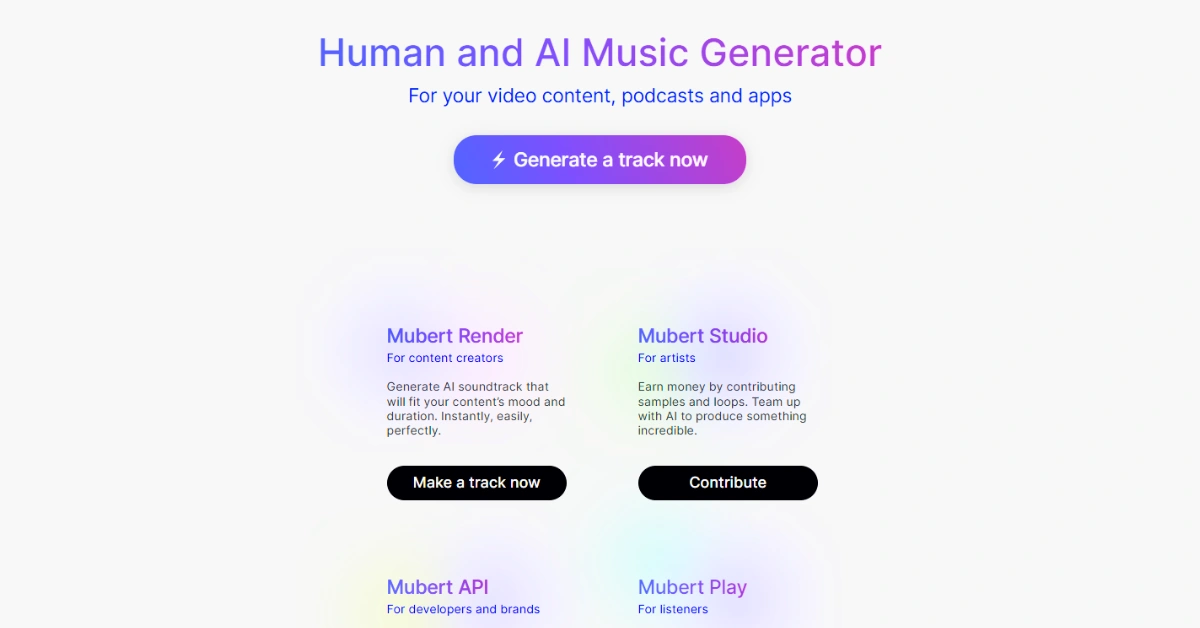Mastering AI Prompt Writing: The Ultimate Guide

In today’s AI landscape, knowing AI prompt writing is more critical than ever. It is an important skill that improves the way we interact with artificial intelligence. Whether you’re using an AI model for content creation, automation, or problem-solving, the quality of your prompt (input) directly impacts the accuracy and relevance of the results.
Additionally, well-formed prompts ensure a clear, meaningful, and accurate response, eliminating errors and enhancing efficiency. Adding more, AI prompt writing has become a source of income by giving new monetization avenues such as selling prompt templates, offering consulting services, and building AI-powered tools.
However, if you are still not aware of what prompt writing is, don’t worry, the guide gives you an in-depth view of best practices, advanced strategies, and earning opportunities in prompt writing.
Understanding AI Prompts and How They Work

Simply put, an AI prompt is a description or text-based query that is given to an artificial intelligence model to generate a response. In other words, it is a command that helps AI understand what a person wants in text, images, code, or other output.
Additionally, the complexity of a prompt may vary. It might be simple one-line queries (e.g. write a poem about the spring, or highly complex (e.g. suggest an SEO-friendly 500-word article on AI in healthcare).
Here are a few examples of AI prompts:
- Tell me a fun fact about Tesla
- Describe a modernist view of the futuristic city in 2025
- Compare the benefits of AI-generated content vs human-written content
How AI Responds to Prompts (Factors Affecting AI Outputs)
Well, to get accurate and relevant responses, it is necessary to give AI models clear and direct instructions. These models give responses based on pattern recognition, training data, and context given in the prompt. Here are a few factors that you need to consider when giving an AI model a prompt:

- Prompt Clarity and Specificity: Clear prompts give better results. Vague or unclear descriptions often lead to inaccurate or generic responses.
- “Explain the impact of AI in healthcare, focusing on diagnosis and treatment.”
- Context and Background Information: Make sure to add context and background information to enhance response quality.
- “Write a formal business email requiring a product demo for a B2B Saas company.”
- AI Model Used: Different AI models (ChatGPT, Claude, Gemini) have different capabilities, training data, and response styles.
- Word Limitations: AI-assisted responses have a word limit. Longer responses may need structured prompts to train the model.
- Biases in Training Data: AI models train on various datasets but may reflect biases, needing human oversight for complex tasks.
Types of AI Prompts
Let’s discuss the types of AI prompts based on their purpose and format:

AI Prompts | Description | Examples |
Instructional Prompts | Direct the AI to perform a specific task | Write a LinkedIn post on the benefits of remote work |
Descriptive Prompts | Tell detailed descriptions or long queries | Describe the Statue of Liberty with intricate details |
Comparative Prompts | Ask AI to compare and differentiate concepts | Compare the difference between supervised and unsupervised learning |
Creative Prompts | Tell AI to generate compelling storytelling, poetry, or artistic content. | Write a fantasy story about a lost city hidden under the ocean |
Analytical Prompts | Direct AI to analyze trends, data, or research topics | Analyze the major trends and impact of AI automaton on employment in 2025 |
Conversational Prompts | Make an interactive conversion or chatbot responses | Act as a health coach and guide me in reducing weight |
Role-Based Prompts | Guide AI to mimic a specific persona or perspective | Act as a financial advisor and tell me the best investment strategies. |
Some Critical Elements for Creating Effective AI Prompts
Prompts should be clear, well-crafted, and goal-oriented to yield better results from AI-assisted models. Below are the key elements that you should consider for effective AI prompts:

Offering Clear and Concise Instructions
The first element is carefully writing clear and concise prompts as it will affect the AI response quality. Make sure to avoid vague statements and give straightforward instructions.
- Good Example: Write a 300-word blog introduction on AI in finance, focusing on key trends and insights.
- Bad Example: Tell me detailed information about AI in healthcare.
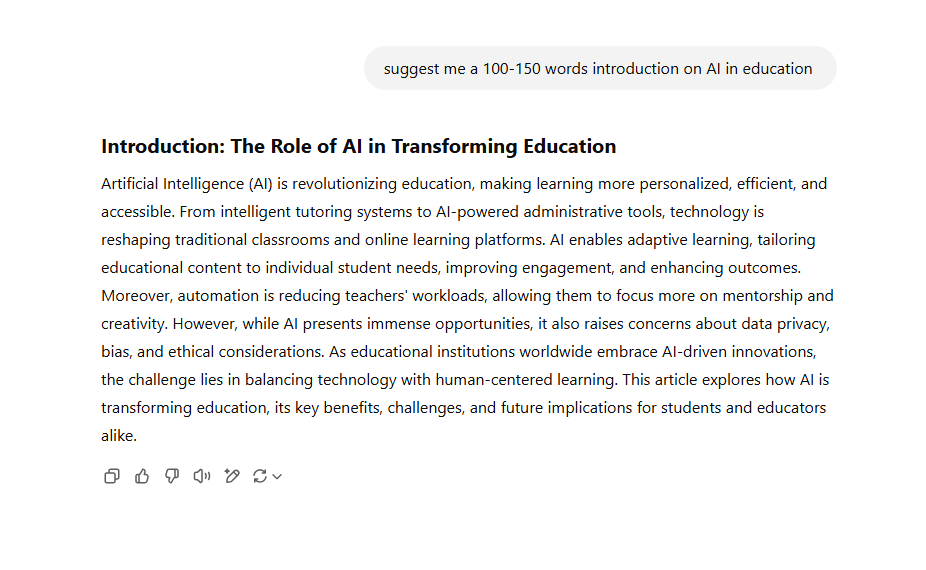
Use Natural Languages for Improved AI Interpretation
AI models are trained on human languages, so using conversational and structured phrasing enhances accuracy.
- Such as, instead of writing “Generate a text about AI art”, use “Suggest how AI is transforming digital art, including key tools and strategies.”
Inserting Context for Better Responses
If you want a perfect and desired response, it is great to provide background details to the AI model so that it interprets your query exactly.
- For example, instead of “Summarize Atomic Habits” you need to write “Summarize the book of Atomic Habits by James Clear, highlighting key takeaways for productivity.”
Balancing Specificity and Creativity
Well, specific prompts are important to guide AI effectively, leaving room for creativity can lead to more diverse outputs.
- Write a compelling story about AI assistants in 2050 with a surprise twist.
Advanced Prompt Engineering Strategies
Additionally, it is crucial to incorporate advanced techniques in prompt writing to optimize AI-generated outputs for accurate results.

Structuring Prompts for Success
First, make sure to clearly define your objective. It is important to use a goal-oriented approach.
For example, I want you to act as a content writer and suggest an in-depth SEO-optimized article on top AI tools for businesses.

Step-by-Step Instruction Prompts
AI responds efficiently to structured steps. Give prompts in the step-by-step guide format.
For instance, I want you to write a step-by-step guide on how to learn AI in 2025.
Refining and Iterating Prompts
AI sometimes gives generic responses. For this, you need to adjust and refine the prompts by adding constraints or specifying terms.
For example, instead of writing “Tell me about digital marketing” use “Suggest me a comprehensive article on digital marketing for small business, covering key strategies, SEO practices, and market trends.
Utilizing AI Prompt Patterns
You can adopt AI prompt patterns such as prompt changing for advanced and accurate outputs. For this, you can break down complex queries into multiple formats, such as
- “Suggest what is Grok 3”
- “Now compare, Elon Musk AI model to other top competitors”
In addition to that, you can use system messages and role-playing techniques for improved contextual outputs.
- Act as SEO content writer and give the latest insights and trends on SEO-best practices and content writing in 2025.
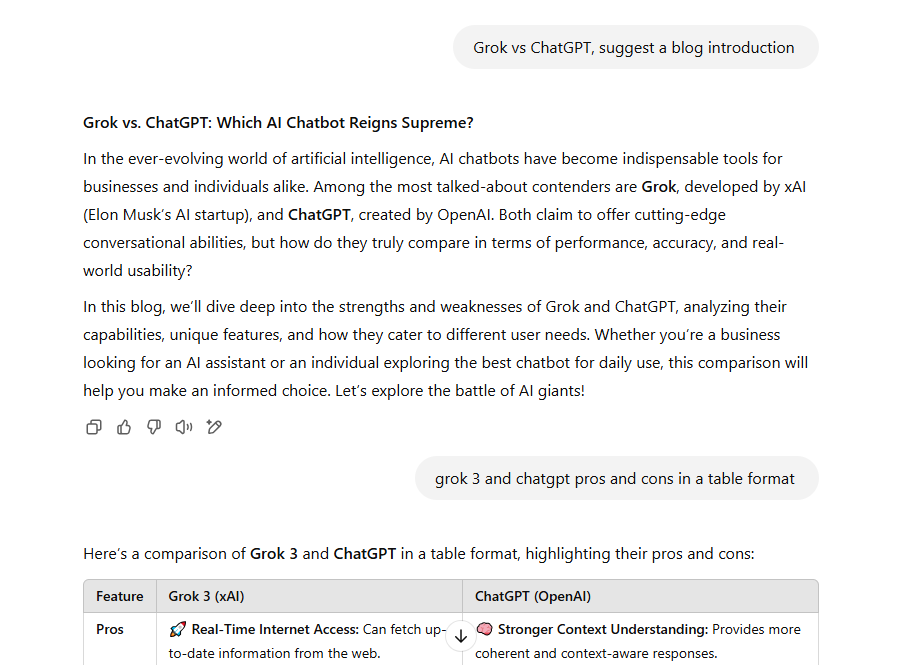
Common Challenges in AI Prompting and How to Overcome it?
AI prompting is not an easy job and neither is it foolproof. Challenges such as biases, unclear problem statements, and ineffective prompts can impact the quality of AI-generated results. Understanding these challenges and overcoming them is important for better results.

Avoiding AI Biases and Ethical Consideration
AI models learn from large datasets which means that the information provided by them might be biased or misleading. To eliminate biases, you need to cross-check AI-generated output for accuracy and fairness.
Moreover, you need to specify perspectives in prompts and use balanced phrasing to avoid stereotypical commands.
Put Emphasis on Problem-Solving Than Just Prompts
Don’t just write prompts. Make sure to give clear indications for managing AI-generated results. Focus on well-defined problems instead of perfect prompts.
Such as, instead of “give me business ideas” ask, “suggest some AI-based highly profitable startup ideas in the e-commerce field with monetization techniques.
Common Mistakes to Avoid in AI Prompt Writing
In prompt writing, users make several mistakes even the most experienced one. Avoid common pitfalls such as overcomplicating prompts, not mentioning output formats, and ignoring AI model limitations.
Best Practices for AI Prompt Optimization
To optimize AI prompts, you need to refine inputs, choose the right prompt structure, and test responses across models.

Creating Feedback Loops for Continuous Improvement
Iteration is the best way to refine AI-generated content. Start with the basic prompt and then refine it according to your needs. Use follow-ups like suggest me in detail. Moreover, rephrase prompts or add more context if the response is off-track.
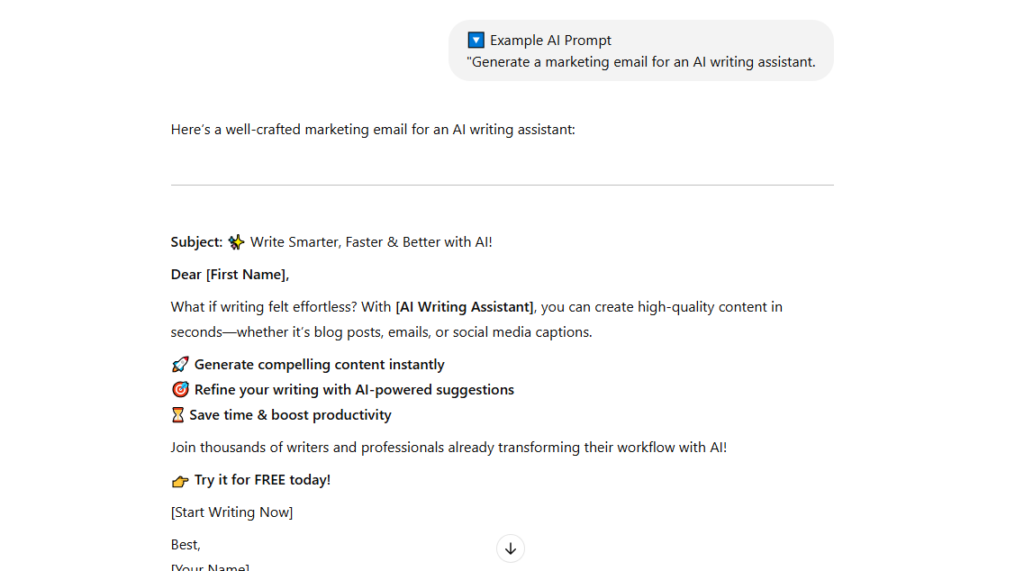
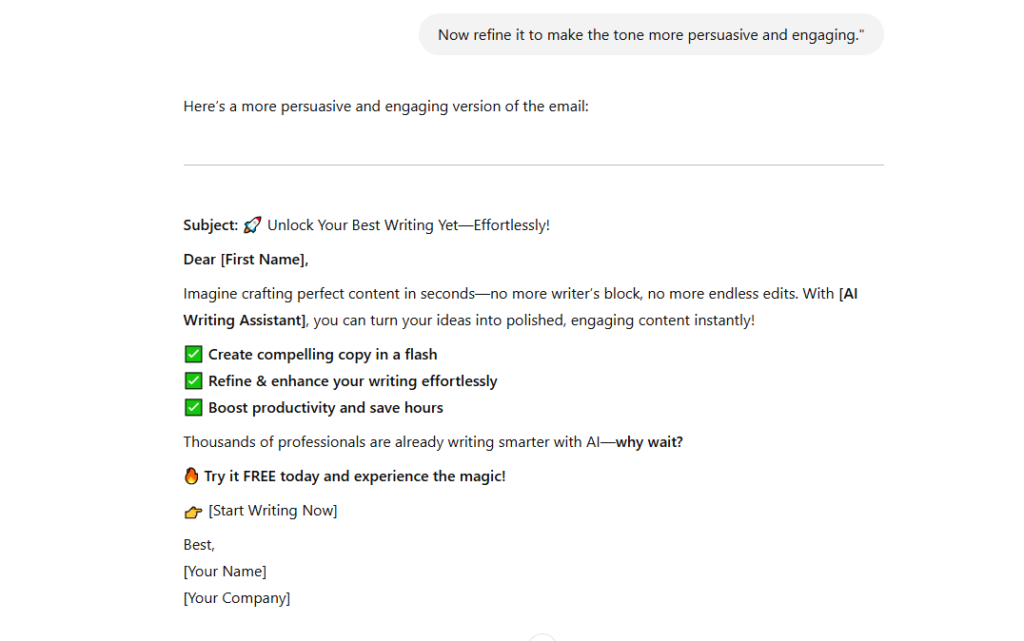
Using Open-Ended vs. Closed-Ended Prompts Effectively
You cannot use each type of prompt for every task. Different tasks demand different prompt styles. Open-ended prompts are for detailed and creative responses. Additionally, closed-ended prompts work well for factual and direct answers.
Testing Prompts Across Different AI Models
It is good to test prompts across different AI models (ChatGPT, Claude, Gemini). Each model has unique strengths and testing across different platforms aids refine outputs.


AI Prompt Writing as A Career: Exploring Various Job Roles

To add more to your interest, AI prompt writing is not just a skill for everyday tasks; it is a great career to pursue. AI prompt engineering is a broad field, giving many specialized roles with a substantial amount of money. Here are common job roles:
Job Role | Description | Average Salary/year |
AI Prompt Engineer | Craft prompts to optimize AI-generated responses for businesses and applications | |
AI Content Strategist | Utilizing AI to generate, refine, and optimize content for blogs, marketing, and search engine optimization (SEO) | |
AI Chatbot Designer | Building conversational AI models, ensuring chatbots understand and respond like human | |
AI Research Assistant | Training AI models by correcting prompts and data inputs for improved learning | |
AI Powered Marketing Specialist | Using AI for advertising, personalized branding, and SEO |
Where to Find AI Prompt Jobs?
As AI adoption increases, job opportunities for prompt engineers are skyrocketing. According to LinkedIn, last year saw a 250% increase in job postings for roles related to prompt engineering and AI interaction design. Now, you must be wondering where to get these jobs.
Well, there are several platforms, where you explore and find jobs related to prompt writing roles. You can try freelance platforms such as Upwork, Fiverr, and Freelancer. Moreover, you can also hunt jobs on job boards such as LinkedIn, Glassdoor, and Indeed.
Lastly, you must have a keen eye on top AI-specialized companies as they frequently hire prompt engineers. For example, Open AI, Google DeepMind, Claude, Microsoft AI division, and startups focusing on generative AI solutions.
How To Earn Money with AI Prompt Writing?
Forget about jobs (just kidding), you can earn by yourself through AI prompt writing. In this section, we have discussed some best possible ways through which you earn money using prompt writing.

Selling AI Prompt Templates
One of the common ways to cash AI prompt writing is by crafting and selling pre-made AI prompts. Or you can become an AI prompt writer. Businesses, content creators, and developers usually look for high-quality and well-structured prompts to get accurate AI-generated content.
You can sell prompt templates on different platforms like Gumorad, Etsy, or your own website. Some popular categories through which you can earn money include marketing copy prompts, social media post generators, blog writing prompts, AI-generated art descriptions, and e-commerce product descriptions.
Offering AI Prompt Consulting Services
Many businesses and content creators find it difficult to refine their AI interactions and optimize their writing process. You can start offering consulting services to help organizations and users craft precise prompts for enhancing chatbot responses, automating customer services, and generating content efficiently. For this, you can work as a freelancer and use platforms like Upwork and Fiverr.
Building Custom AI Solutions for Businesses
Additionally, you can also build custom AI-assisted solutions, catering organization’s different needs. AI prompt engineers can develop industry-specific solutions such as AI Chatbots for customer services, AI-powered content creation tools, and SEO optimization tools.
Teaching AI Prompt Engineering
As AI continues to grow, more professionals want to learn about prompt engineering. Either you can create online courses or conduct workshops on prompt creation and make it a revenue stream. Several platforms like Udemy, Skillshare, and EzyCourse allow you to sell courses.
Affiliate Marketing & AI-Generated Content
You can also go for AI-powered blogs, YouTube videos, and digital products that bring substantial monetization opportunities. You can use AI prompts to write blogs and monetize with ads or affiliate marketing, or use AI-generated scripts for YouTube automation.
Conclusion
AI prompt writing has become an important skill because of the emerging AI models. Additionally, writing effective AI prompts is essential for crafting accurate and clear responses. This article shed light on prompt writing, and how to write effective prompts and derive better results.
Moreover, as generative AI tools continue to grow further, businesses and content creators will highly rely on prompt engineers to refine and optimize AI-generated content. In a nutshell, investing in AI prompt writing skills today can open diverse career opportunities in the future and lead to a profitable career. The future of AI prompts is bright and for those who want to master it, now is the time.
FAQs
How to write an AI prompt?
- To write clear and effective prompts, give the AI model straightforward, well-structured, and concise instructions for the desired output.
What is the AI that gives you prompts?
- AI models like ChatGPT, Claude, Gemini, and alike generated prompts based on a given input.
How do I write a ChatGPT prompt?
- ChatGPT is good at analyzing prompts. However, use specific, direct language and give context to generate the best responses from it.
What AI is best for writing?
- Well, in our opinion, ChatGPT, Jasper, Copy AI, and Wrietsonic are some of the best AI tools for writing and content generation.

